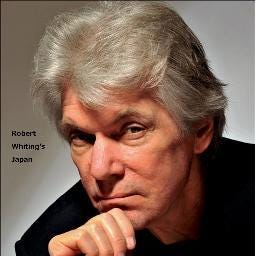Wrestler, politician, statesman - Antonio Inoki was one of a kind
TOKYO — Japan lost a sporting giant with the passing of Kanji Antonio Inoki who died on Oct. 1, in Tokyo at the age of 79, of heart failure caused by systemic amyloidosis. Inoki became one of the biggest names in professional wrestling in Japan in the 1960’s, gaining global fame in 1976 when he took on Muhammad Ali in a wrestling vs boxing match, and later won a seat in the Upper House of Japan’s parliament in 1989, making high-profile visits to Iraq during the Gulf War to free Japanese hostages and later North Korea where he fostered closer personal ties with DPRK leadership.
Inoki, 6’3” and 225 pounds, with an outsize lantern jaw, was a native of Yokohama whose family had emigrated to Brazil in 1957 when Inoki was 14, where the family labored in mountainside coffee fields. It was there, as a star high school track and field athlete, that he was spotted and recruited by a visiting Rikidozan, the ex-sumo wrestler who had ignited an enormous boom pro wrestling in Japan during the 1950’s by defeating a succession of foreign wrestlers in often highly choreographed matches.
As Matsutaro Shoriki, owner of NTV which telecast pro wrestling matches nationwide to record ratings, explained the phenomena, “Rikidozan, by his pro wrestling in which he sent the big white men flying, has restored pride to the Japanese after the war and given them new courage.” (from 永久の力道山/Eikyuu No Rikidozan by 大下 英治/Eiji Oshita, pps 125-126)
Keep reading with a 7-day free trial
Subscribe to Robert Whiting's Japan to keep reading this post and get 7 days of free access to the full post archives.




